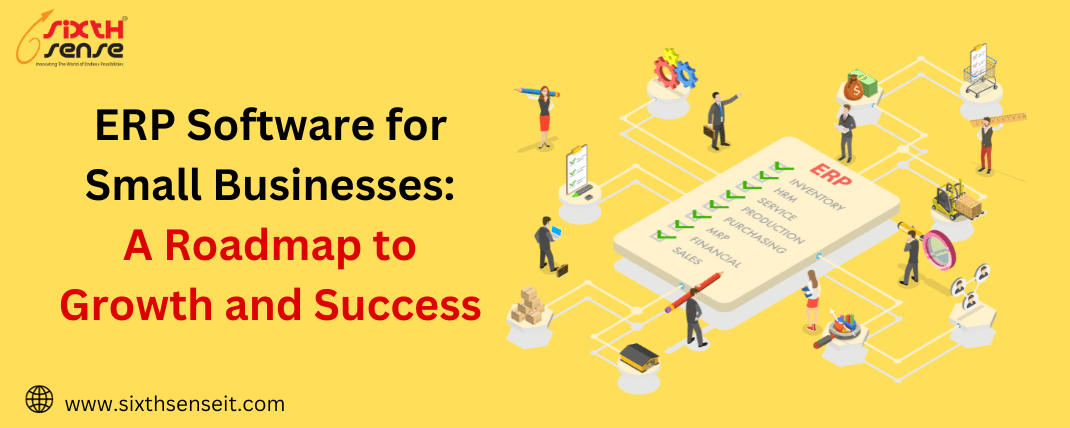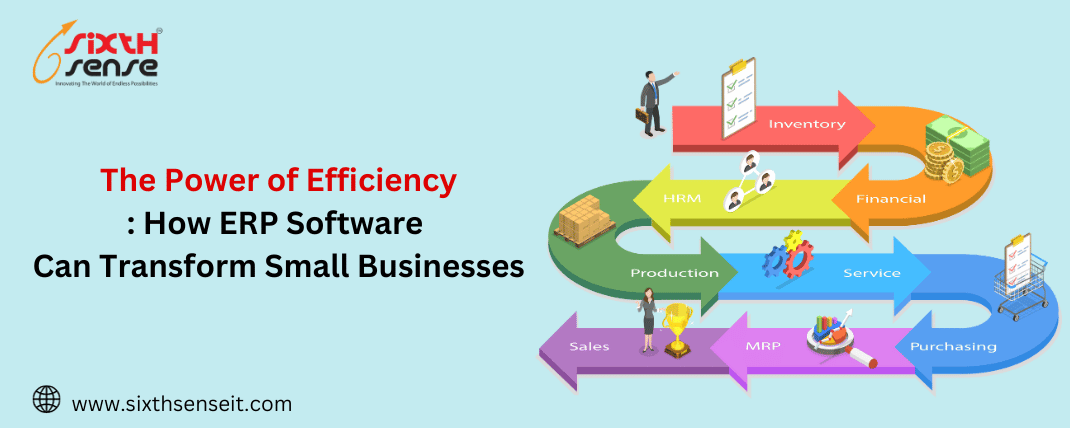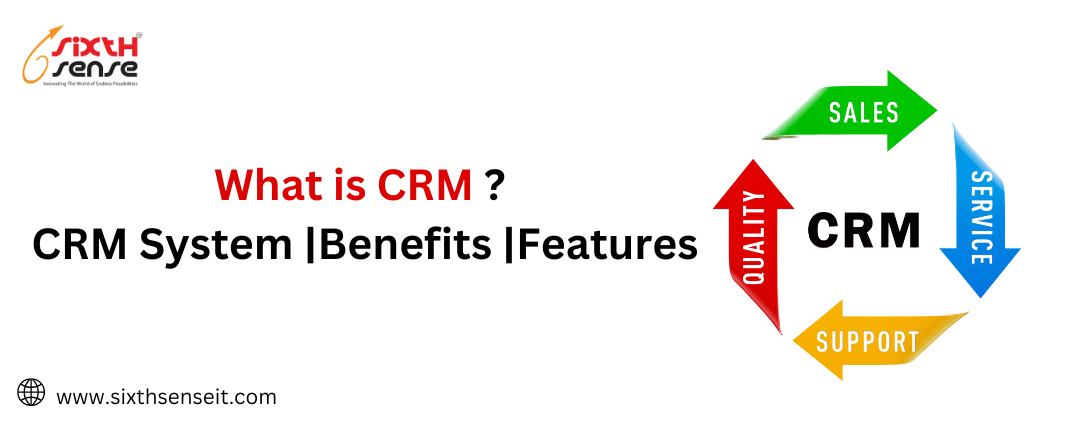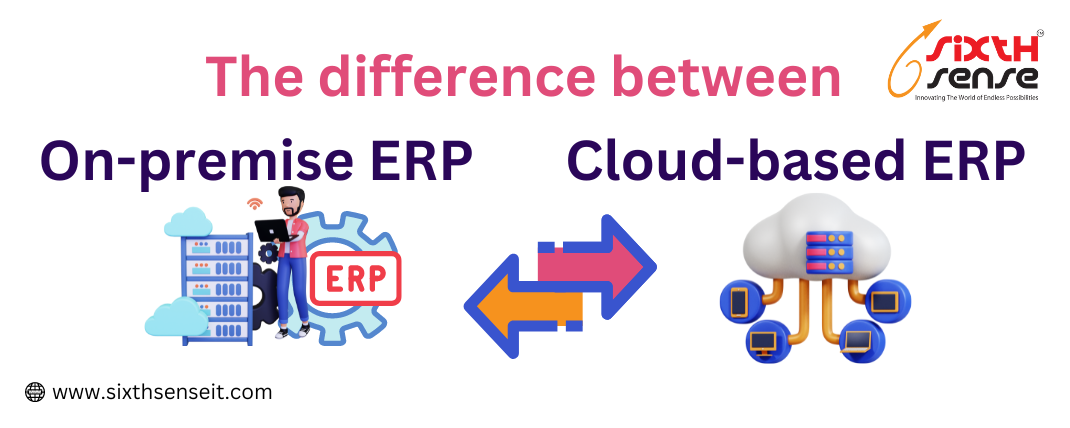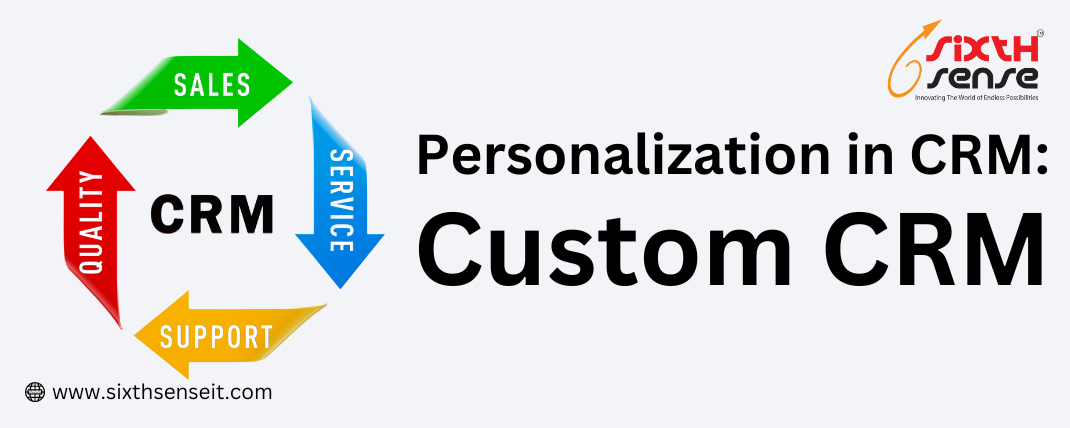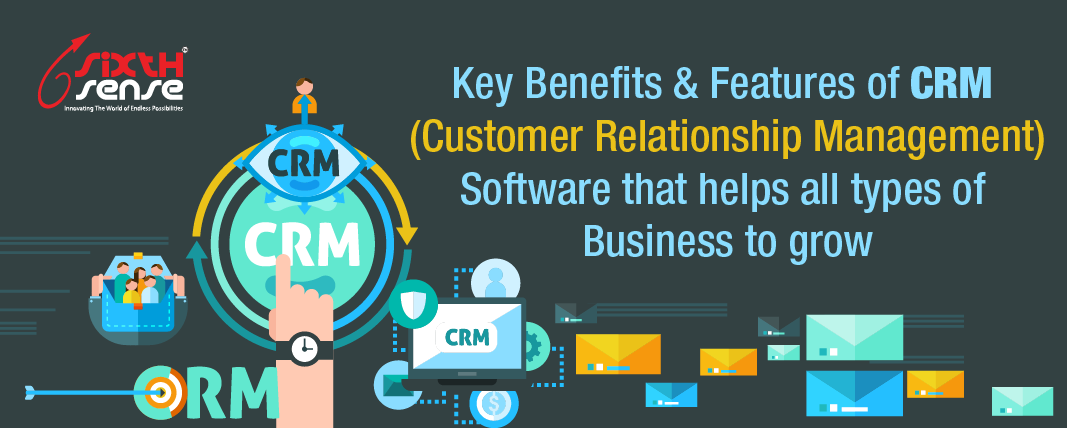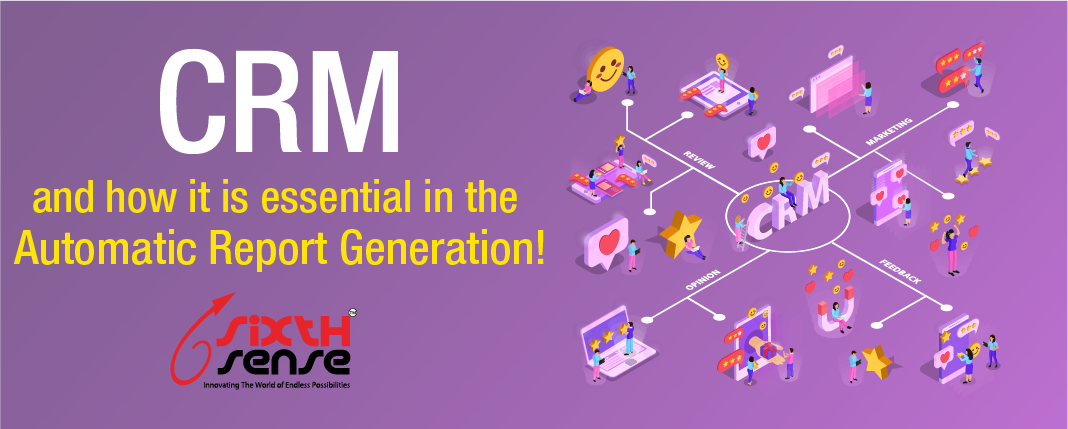
How Custom Software Development Boosts Productivity and Efficiency


In today's fast-paced and ever-evolving business landscape, the key to success lies in productivity and efficiency. To stay competitive, companies need to streamline their operations and empower their workforce with the right tools. Custom software development has emerged as a game-changer, offering tailored solutions that supercharge productivity and efficiency. In this comprehensive guide, we explore the world of custom software development and how it drives businesses to new heights of efficiency and productivity.
In the modern business world, efficiency is not just a goal; it's a requirement. Companies must find ways to maximize their productivity while minimizing waste and inefficiency to stay competitive.
Custom software development plays a pivotal role in achieving these efficiency goals. It offers businesses tailored solutions that address their unique needs and challenges. In this guide, we explore how custom software development transforms businesses, making them more efficient and productive.
Efficiency is a cornerstone of success in business. Companies need to do more with less, delivering better results in less time and with fewer resources.
The first step in improving efficiency is identifying areas of waste and inefficiency within a company's processes. This assessment lays the foundation for strategic improvements.
Efficiency isn't just about processes; it's also about empowering employees to work smarter. Custom software development can provide the tools and systems that optimize human productivity.
Custom software development involves creating software solutions tailored to meet the specific needs of a business. Unlike off-the-shelf software, custom software is built to address the unique challenges and processes of a particular company.
Customization is the hallmark of custom software development. This versatility allows for precise alignment with business processes, enabling companies to operate at peak efficiency.
Custom software offers a multitude of benefits, including:
Custom software's ability to boost productivity and efficiency is a driving force behind its growing popularity.
Repetitive tasks can be a significant drain on employee productivity. Custom software can automate these tasks, allowing employees to focus on more valuable, strategic work.
Custom software can optimize workflow processes by eliminating redundant steps, streamlining approval processes, and reducing manual data entry. This optimization results in faster task completion and cost reduction.
Custom software can seamlessly integrate with existing systems and applications, creating a cohesive ecosystem that enables efficient data sharing and communication. This integration reduces data silos and promotes productivity.
User experience (UX) isn't just limited to customer-facing applications. Employees also need a positive UX to perform at their best. Custom software can prioritize intuitive interfaces, reducing the learning curve for users and boosting their efficiency.
Custom software can offer personalized user interfaces, tailored to the roles and responsibilities of employees. This personalization simplifies tasks and enhances the user experience.
Custom software empowers employees by providing them with the right tools to perform their jobs efficiently. This empowerment boosts morale and job satisfaction, leading to increased productivity.
Discover how a manufacturing company improved its production process efficiency by customizing software solutions for quality control, inventory management, and supply chain logistics.
Explore how a healthcare facility transformed patient care by implementing custom software for appointment scheduling, electronic health records, and billing processes, leading to improved patient satisfaction and operational efficiency.
Learn how an e-commerce platform utilized custom software to personalize the shopping experience for customers, resulting in increased sales and customer loyalty.
Custom software can incorporate data analytics features, allowing businesses to gain insights, spot trends, and make predictive analyses to stay ahead of the competition.
Custom software can provide real-time insights into business operations, helping identify opportunities, respond to challenges, and make informed decisions promptly.
Data analytics tools in custom software can improve forecasting accuracy, allowing businesses to anticipate changes in demand, supply chain dynamics, and customer preferences. This precision in decision-making optimizes resource allocation and reduces waste.
Custom software is scalable, meaning that it can grow and adapt with your business, accommodating increased data, users, and features without the need for major software replacements.
The business landscape is ever-changing. Custom software allows companies to adapt quickly to market shifts, new regulations, and emerging technologies, positioning them for sustainable growth.
As businesses expand and their needs evolve, custom software is there to support growth. It can accommodate new features, integrations, and user loads without significant disruptions. This scalability ensures that efficiency and productivity remain consistent during growth.
Custom software development often follows agile methodologies, allowing businesses to adapt to changing requirements and market conditions rapidly. Agile development encourages collaboration and responsiveness.
Preparing for Technological Trends
To stay competitive, businesses must prepare for technological trends and emerging technologies. Custom software can be updated to incorporate new features and adapt to the changing landscape, ensuring continued efficiency and productivity.
Staying Ahead of the Curve
Staying ahead of the curve in terms of technology is crucial for remaining competitive. Custom software allows businesses to adapt to emerging trends and technologies, maintaining their edge in the market and continuing to drive productivity and efficiency.
Choosing the Right Development Partner
Explore the pros and cons of in-house development versus outsourcing. Consider factors like expertise, cost, and resources when making this critical decision.
When outsourcing, selecting the right development partner is crucial. This chapter offers guidance on evaluating potential partners, examining their portfolios, and assessing their compatibility with your business goals.
Effective communication and collaboration with your development partner are essential for project success. Learn how to establish a productive working relationship to ensure your custom software aligns with your vision of efficiency and productivity.
The technology landscape is continually evolving. This chapter explores emerging trends in custom software development, from AI and machine learning to blockchain and the Internet of Things (IoT), and how they will further boost efficiency and productivity.
To remain competitive, businesses must prepare for the future. This includes understanding the implications of emerging technologies and being ready to adapt. The future of custom software development is a future of even greater efficiency.
Custom software development isn't just about boosting productivity and efficiency; it's about transforming businesses. It empowers companies to be more efficient, data-driven, scalable, and competitive. The flexibility and tailor-made nature of custom software position businesses for success.
In today's fast-paced business world, efficiency isn't just an option; it's a necessity. Custom software development offers a strategic path to achieving and maintaining productivity and efficiency. By focusing on customization, efficiency, data-driven decision-making, scalability, agility, and innovation, businesses can position themselves for sustained success. Embracing custom software development isn't just an investment; it's a commitment to an efficient and successful future.













































